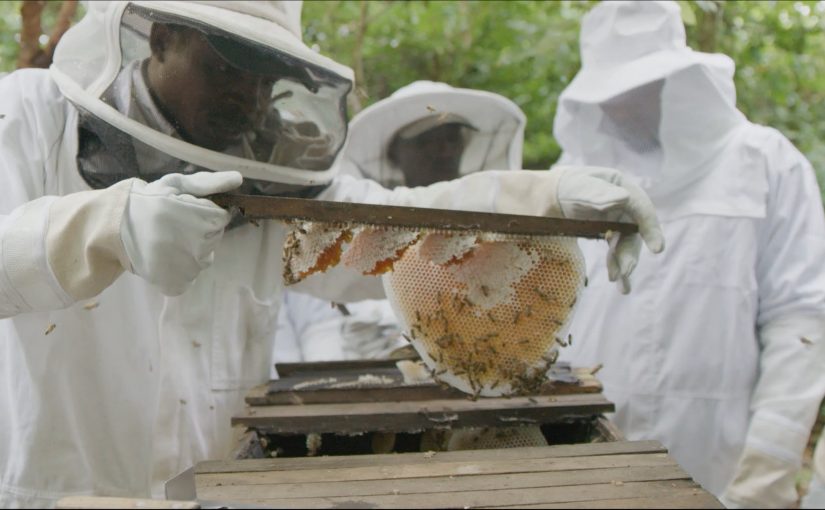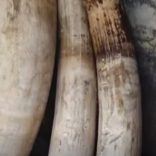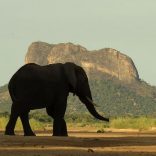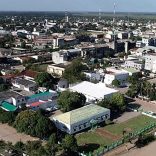Mozambique mobilises US$60 million annually for national conservation area network
Mozambique: Gorongosa beekeepers share best practices with Angola’s Okavango Wilderness Project.

Photo: Okavango Wilderness Project
Bee and honey experts from Mozambique and Angola are learning from each other through a beekeeping exchange program. The two groups recently spent time at Gorongosa National Park’s apiary and honey production facility to determine which of the Park’s best practices could be implemented in Tempue, Angola.
Learning about beehive construction, apiary management and reforestation were at the heart of the visit by the Okavango delegation. Tours of Mount Gorongosa included visits to local bee farms, coffee plantations, and a nursery where coffee plants, native trees and cashew seedlings are grown. Stops included the Park’s new fish farms and the E.O. Wilson Lab. Area school visits allowed the Okavango guests to learn about the benefits of local teacher, youth, and girls club programs.
As the Okavango Project team returned to Angola, they were joined by Apiculture Supervisor Marcos Chova and two bee technicians from Gorongosa Park who conducted workshops, training and outreach in communities near Tempue.
Sustainable beekeeping is one of many agricultural practices, vital for building a conservation economy, creating jobs and protecting places like Gorongosa National Park and the Greater Okavango Basin for generations to come.
The March exchange, part of the Okavango Wilderness Project, was coordinated by National Geographic and the Wild Bird Trust, and supported by staff from the Gorongosa Restoration Project in Mozambique.












Leave a Reply
Be the First to Comment!
You must be logged in to post a comment.
You must be logged in to post a comment.